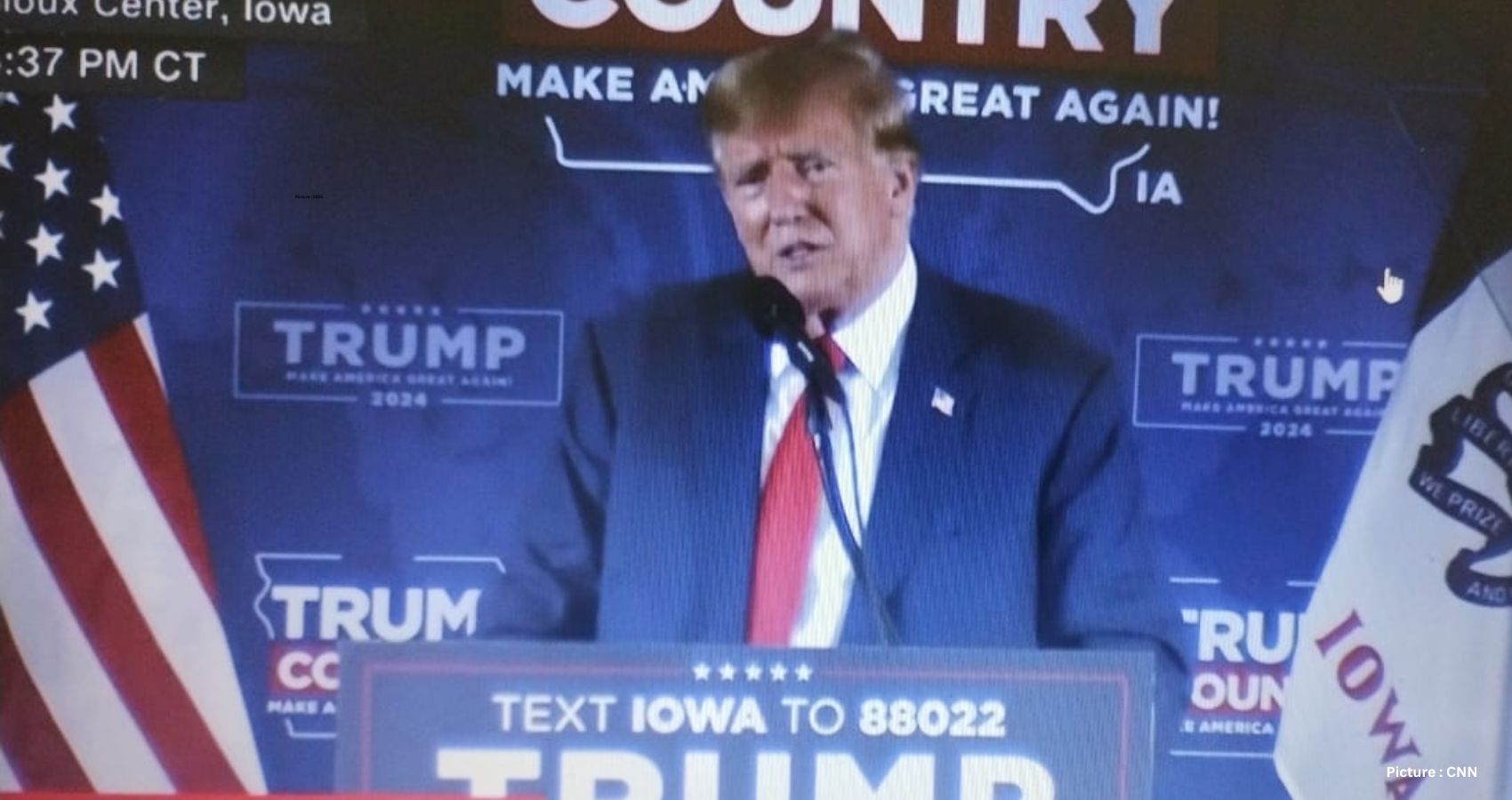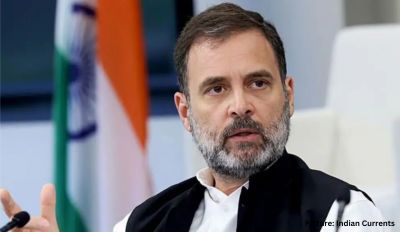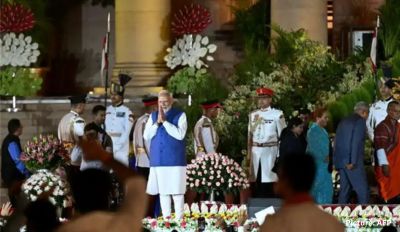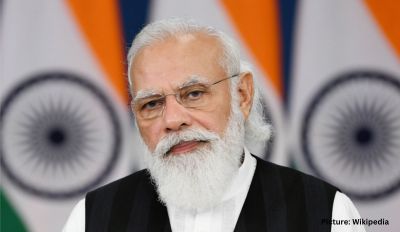In the lead-up to the Iowa caucuses, two prominent 2024 Republican presidential contenders, Florida Governor Ron DeSantis and former South Carolina Governor Nikki Haley, sought to sway voters by challenging the assumption that former President Donald Trump is a shoo-in for the party’s nomination. Both emphasized the potential risks of nominating Trump again, suggesting it could jeopardize the GOP’s chances in the November election. The candidates also aimed to showcase their own electability and distinct policy positions.
During a CNN town hall, DeSantis aimed to present a more relatable persona, starting the event by handing a jersey to CNN moderator Kaitlan Collins in a lighthearted gesture. He then delved into policy, expressing support for a “flat tax” and advocating for the abolition of the Internal Revenue Service. In contrast, Haley emphasized her readiness to tackle challenging issues, highlighting fiscal responsibility, advocating robust support for Israel in its conflict with Hamas, and recounting her efforts to remove the Confederate flag from the South Carolina statehouse grounds during her governorship.
Both candidates raised concerns about the potential impact of Trump’s legal battles on the party’s ability to defeat President Joe Biden in the general election. They did not directly criticize Trump over the legal challenges he faces but framed him as a candidate whose personal controversies could harm the GOP’s chances. Haley asserted that the country couldn’t afford “four more years of chaos,” emphasizing the need for stability.
Here are six key takeaways from their CNN town halls:
Setting Expectations
Despite polls indicating Trump’s lead in Iowa, both DeSantis and Haley insisted they were committed to competing until the last moment. DeSantis encouraged voters not to let media or pundits influence their decision, emphasizing the importance of choosing the best president. Haley acknowledged the significance of the New Hampshire primary for her campaign but underscored her determination to fight until the end in Iowa and every state.
Taking on Trump
Both candidates argued that nominating Trump for a third consecutive time posed a risk for the Republican Party. While avoiding direct criticism of Trump’s legal challenges, they portrayed him as a candidate whose personal drama could hinder the GOP. Haley stressed the need for stability, stating, “We have a country to save, and that means no more drama.” DeSantis acknowledged the boost Trump received from his legal troubles in the primary but warned Iowa voters of potential damage in the general election.
DeSantis’ Evolution
DeSantis displayed a different demeanor in the town hall compared to earlier appearances in the 2024 Republican primary. He adopted a more relatable tone, using folksy language and refraining from immediately addressing social issues like transgender healthcare bans or abortion. DeSantis positioned himself as a candidate running for the average voter, signaling a departure from his previous image as overly stiff and unrelatable.
Addressing Gun Violence
The town hall occurred hours after a school shooting in Perry, Iowa. DeSantis addressed the issue of gun violence, referencing reforms passed in Florida after the Parkland shooting. He emphasized the importance of mental health and instant background checks, expressing opposition to mandatory waiting periods. Haley focused on mental health and security measures for schools, opposing restrictions on gun rights and advocating a holistic approach.
Haley’s Civil War Answer
Haley revisited a controversial moment from the previous week when she failed to mention slavery when discussing the Civil War. Acknowledging her mistake, she explained that she was thinking beyond slavery and focused on the lessons learned. She also shared personal experiences dealing with racism, emphasizing the need to show commonality rather than differences.
DeSantis on Abortion
DeSantis faced persistent questions about his stance on abortion, adopting a softer tone while reaffirming his anti-abortion record. He was evasive about the onus on women to access exceptions in Florida’s six-week prohibition. DeSantis also criticized Trump from the right on abortion, suggesting a misalignment between Trump’s current positions and his earlier beliefs, particularly for pro-life voters in Iowa.
DeSantis and Haley strategically positioned themselves as viable alternatives to Trump, emphasizing the potential risks of his candidacy and presenting their own policy positions and electability. The town halls provided insight into their evolving campaign strategies and their efforts to appeal to a broader audience, addressing issues ranging from taxes and gun violence to historical controversies.











